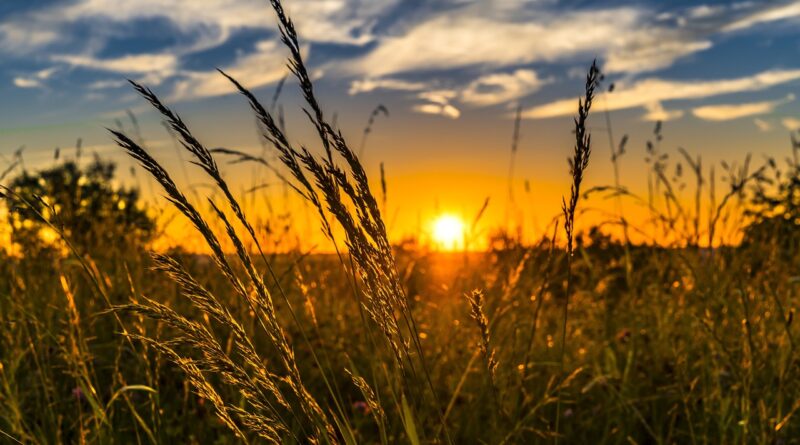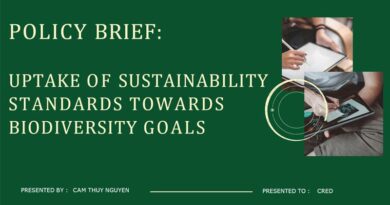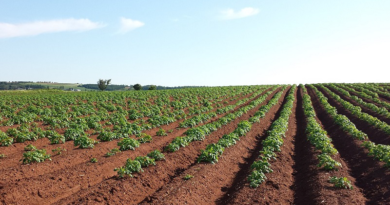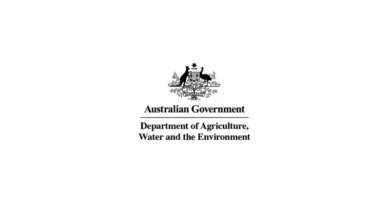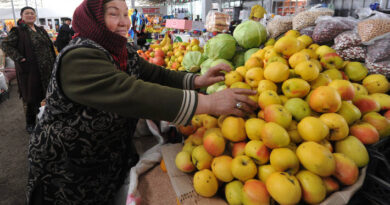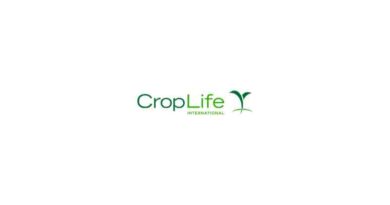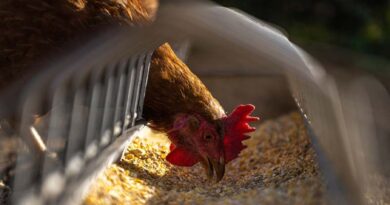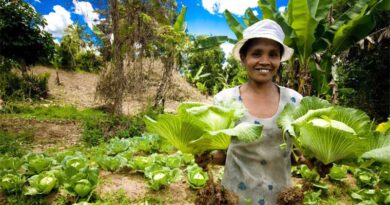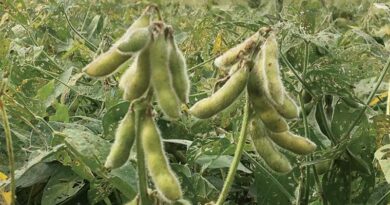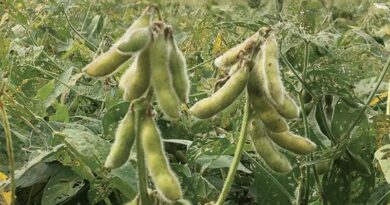The State of Sustainable Markets 2023: Statistics and Emerging Trends
13 January 2024, Africa: Sustainability standards continue their growth across the world. The seventh edition of the State of Sustainable Markets report provides data that give insight into the dynamic landscape of sustainability standards and their impact on global trade.
The International Trade Centre (ITC) has teamed up once again with FiBL Switzerland and the International Institute for Sustainable Development (IISD) to publish this comprehensive annual update. It shares the 2021 data on area, production volume and producers for 14 major standard-setting organizations and focuses on eight commodities: bananas, cocoa, coffee, cotton, oil palm, soy, sugarcane, tea and forestry.
The report sheds light on the progress and challenges faced by key standard-setting organizations in promoting sustainability and helps shape decisions of policymakers, producers and businesses working to address systemic labour and environmental challenges through certified sustainable production.
“As governments and international bodies step up efforts to tackle climate change, businesses embracing sustainability standards can demonstrate responsible corporate citizenship and position themselves as frontrunners in navigating evolving legal terrains”, said ITC Executive Director Pamela Coke-Hamilton.
Standards that directly target mainstream adoption within a specific sector largely drive growth and market uptake. Where single-commodity standards have been developed, they usually have the largest area for their commodity. This was the case for cotton (Better Cotton and Cotton made in Africa), oil palm (Roundtable on Sustainable Palm Oil) and soybean (Round Table on Responsible Soy and Bonsucro).
Overall, most commodities showed growth in 2020–2021 while certified bananas, cocoa and coffee lost some ground. Still, certified coffee and cocoa have the largest share of total agricultural land with more than 20 % coffee and cocoa area certified (see Figure 1).
Organic was by far the most dominant sustainability standard in terms of area and product variety, covering more than 76 million hectares or 1.6 % of farmland worldwide. Rainforest Alliance certified more than 5 million hectares in 2021 after growing almost 26 % in 2020–2021, while Better Cotton, the Round Table on Sustainable Palm Oil, and GlobalG.A.P. all certified more than 4 million hectares. Most standards covered by the report continue to show growth of total certified area.
In addition to the full report, the State of Sustainable Markets report is available as an e-publication. Furthermore, data and statistics are available online in an interactive format at the ITC’s Standards Map website.
Also Read: FMC India: Bringing Precision in Indian Farming through ‘Spray as a Service’
(For Latest Agriculture News & Updates, follow Krishak Jagat on Google News)

